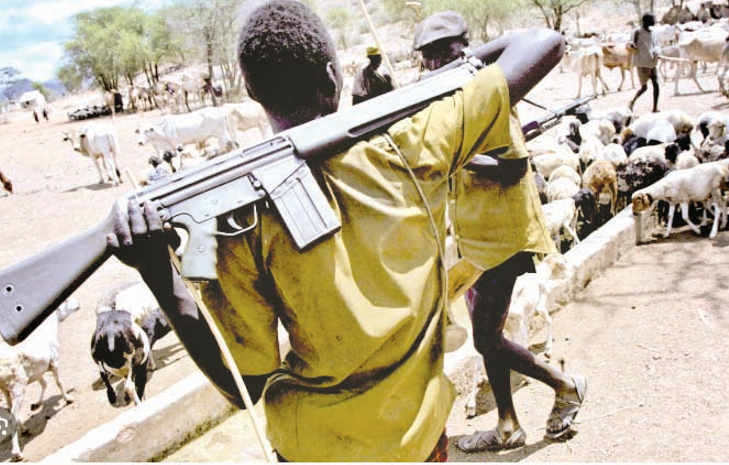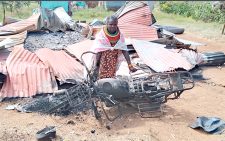Stakeholders meet to find lasting solution to peace in Samburu

In a new bid to bring to an end the long and tumultuous history of persistent conflict in Samburu county, stakeholders in the peace-building mission have organized a workshop to refine policies for enhanced coordination and effectiveness of interventions.
Rooted in land disputes, unequal resource distribution, and tension between herders and landowners, Samburu County has over the years experienced violence that has seen women bear the dire consequences.
Samburu women especially have had to live separately due to the conflict and apart from the divide, they have had to manage dwindling resources after raids, travel long distances in search of firewood and water, and manage households and farms in the absence of men.
Peace actors
To help the community live in harmony, USAID Nawiri has organized a workshop that will bring on board county and national government representatives alongside other peace actors to identify gaps in the drafted peacekeeping policies and propose integrated strategies for improving livelihoods through peace dividends.
Among the participants include county executive committee members, directors, and legal experts who will discuss and reach a common understanding of the draft peace policy and bill, ensuring alignment with the overall goal of sustainably reducing acute malnutrition through enhanced peacebuilding efforts.
USAID Nawiri, USAID KUZA, and the Frontier Counties Development Council (FCDC) developed the draft policy and bill following the identification of a gap in the county’s existing peacebuilding frameworks during the first phase of the Nawiri project.
In a press statement, the workshop organizers said recommendations will be made to improve the coordination of peacebuilding efforts within and outside Samburu County, ensuring that best practices are implemented.
“Realistic and practical SOPs for peace policy development will be drafted, providing a clear roadmap for future advancements,” the press statement read in sections.
The draft policy, they said, will be subjected to public participation, incorporating the views of the community and all stakeholders on peacebuilding and conflict management matters.
“A clear roadmap for actions and timelines will be established, with the goal of considering and approving the policy within a timeframe not exceeding two months,” the statement further read.
The USAID Nawiri Project, a 5-year Development Food Security Activity (DFSA).













